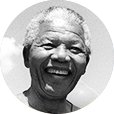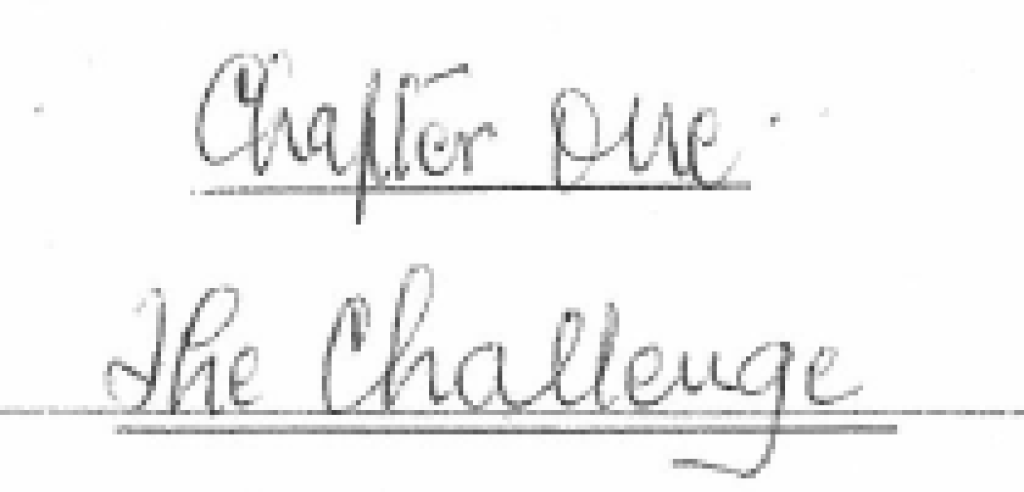Mandela was, as he recounted, a reluctant President.

My installation as the first democratically elected President of the Republic of South Africa was imposed on me much against my advice.
As the date of the general elections approached, three senior ANC leaders informed me that they had consulted widely within the organisation, and that the unanimous decision was that I should stand as President if we won the election. This, they said, was what they would propose at the first meeting of our parliamentary caucus. I advised against the decision on the grounds that I would turn seventy six that year, that it would be wise to get a far younger person, male or female, who had been out of prison, met heads of state and government, attended meetings of world and regional organisations, who had kept abreast of national and international developments, who could, as far as was possible, foresee the future course of such developments.
I pointed out that I had always admired men and women who used their talents to serve the community, and who were highly respected and admired for their efforts and sacrifices, even though they held no office whatsoever in government or society.
The combination of talent and humility, of being able to be at home with both the poor and the wealthy, the weak and the mighty, ordinary people and royalty, young and old, men and women with a common touch, irrespective of their race or background, are admired by humankind all over the globe.
The ANC has always been rich with talented men and women, who preferred to remain in the background, and to push forward promising young people to positions of eminence and responsibility, to expose them early in their political careers to the basic principles and problems of leadership, and on how to manage such problems. This kind of leader has always made a formidable impression on many of us. Comrade Walter Sisulu is such a man; that is why he has always towered above all of us irrespective of the offices we occupied in the movement or government.
I urged the three senior leaders that I would prefer to serve without holding any position in the organisation or government. One of them, however, put me flat on the carpet.
He reminded me that I had always advocated the crucial importance of collective leadership, and that as long as we scrupulously observed that principle, we could never go wrong. He bluntly asked whether I was now rejecting what I had consistently preached down the years. Although that principle was never intended to exclude a strong defence of what one firmly believed in, I decided to accept their proposal.
I, however, made it clear that I would serve for one term only. Although my statement seemed to have caught them unawares, they replied that I should leave the matter to the organisation. I did not want any uncertainty on this question. Shortly after I had become President, I publicly announced that I would serve one term only and would not seek re-election.
At meetings of the ANC, I often stressed that I did not want weak comrades or puppets who would swallow anything I said, simply because I was President of the organisation. I called for a healthy relationship in which we could address issues, not as master and servants, but as equals in which each comrade would express his or her views freely and frankly, and without fear of victimisation or marginalisation.
One of my proposals, for example, which generated a lot of sound and fury, was that we should reduce the voting age to fourteen, a step which had been taken by several countries elsewhere in the world.

